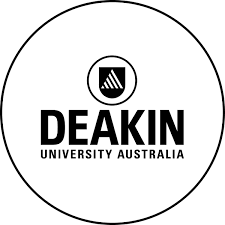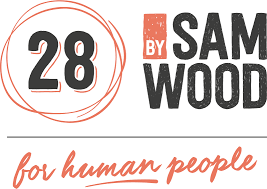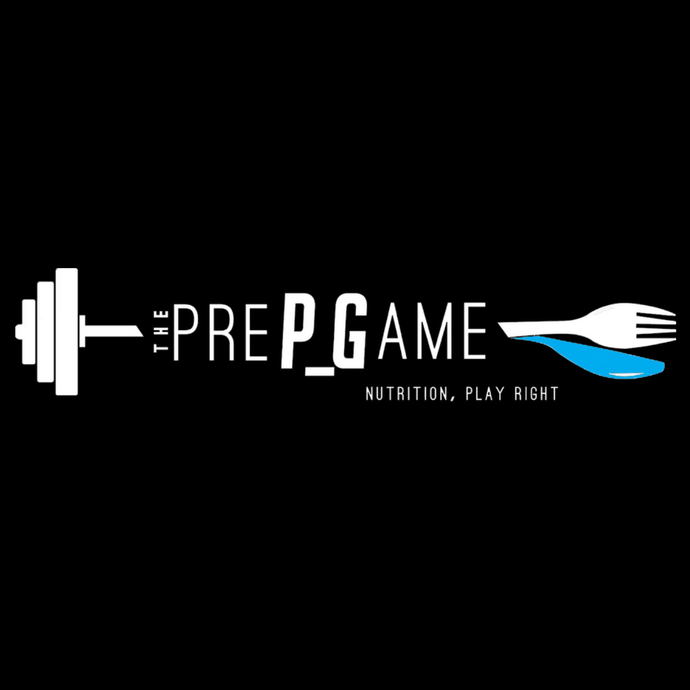‘Refined Sugar-Free, Gluten-Free Choc Caramel Cupcake’. This was the latest ‘free-from’ delicacy that popped up on my screen, one of many that I see daily. I can’t help but cringe, and rather than making me salivate these images just make me more and more agitated. Refined sugar-free treats are everywhere, from raw slices, to bliss balls, to smoothies to cakes. These creations look absolutely delicious and of course they are touted as guilt-free as well as sugar-free - but are they either? They are often promoted by a celebrity or nutritionist or the latest sugar-free café or recipe book, to convince us of their goodness. So how do the creators manage to formulate alternative options that are made from healthy ingredients and match the textures and taste of the real deal?? How is it possible to cut out all the wheat, animal products and sugar while achieving such remarkable taste, texture and visual results.
Well, I’m sorry to be the bearer of bad news but we are all being conned - big time. The reason these ‘free-from’ treats look and taste so superb is because in fact they do contain sugar, and often lots of it. But how can that be so, when they are labelled sugar-free. Look a little more closely – ‘refined sugar-free' does not equal free from sugar. It simply means the sugar is not in the white powder form, everyday table sugar that is labelled as everything from dangerous to toxic. But there is no limitation on the huge number of sugars that are considered ‘natural’, or not refined, and these are often used amply. I’m sorry, but it is impossible to make a cupcake taste evenly remotely like a cupcake without adding sugar.
Pick up many of the trendy low-sugar recipe books and you will find the widespread use of products like rice malt syrup, agave, coconut sugar, etc. If you asked the cafes and bakers the ingredients of their ‘’free-from’’ caramel cupcakes you would most likely find the same thing. I honestly don’t know how the promoters of these products feel comfortable, knowing that their products contain just as much sugar, if not more, than the traditional product counterparts. Maybe because 'no sugar' sells. Even if it is a misrepresentation, or in fact a blatant lie.
For example, just flicking through some online recipes from a well known nutritionist and quickly came across a Choc Coconut Cupcake recipe. Sounds innocent enough, except that the recipe makes 15 and contains a whopping 3 cups of coconut sugar in the icing - nearly ¼ cup coconut sugar PER cupcake! But it is still technically refined sugar-free. Or another website about quitting sugar that simply uses rice malt syrup instead of white sugar to make it sugar-free. (For more details about what coconut sugar and rice malt syrup really are, have a read of my previous post The facts about sugar - are natural sugars really healthier than white?) Education on Sugar 101 is seriously lacking. The other downside is that many of these recipes can be complicated to make and you may be wasting your time and effort thinking you are making the healthier option.
Of course overconsumption of refined sugar is a serious problem. I just read in the paper today some data from the Australian Bureau of Statistics, that boys aged 14-18 years are consuming on average 92 grams per day (nearly 20 teaspoons) of free sugar (and 38 teaspoons/day in total), with much of this coming from soft drinks alone. This is quite alarming considering that WHO recommends we aim for less than 12 teaspoons of free sugar, or less than 6 for dental health. Products that contain pretty much just sugar with no other nutritional value, like soft drinks, are a major contributor to free sugar intake. But if you think you are doing your best to reduce sugar by choosing the organic low-refined options you may not be doing yourself any favours. Natural syrups and unrefined sugars are still considered free sugars, and although claimed to provide nutrients, the trace amounts are pretty much negligible (other than honey, but you still don’t’want to overdo it). Perfect example, a small drizzle of honey on some porridge is not going to over-do your sugar intake for the day and can add to the enjoyment of an otherwise nutrient-dense meal. However using honey in a refined sugar free choc honeycomb cupcake that is also loaded with other ‘natural’ sugars is probably not a great representation of a healthy option.
Bottom line – many of us should reduce our total sugar intake, not just white sugar. Think back 50 years where something sweet was enjoyed wholeheartedly on a special occasion, but not everyday. When you do indulge, choose something you really like that is going to satisfy you. If the refined sugar-free raw raspberry slice from the vegan café does it for you then go for it, or you may be happier with a good old-fashioned piece of home-made cake now and again. Choosing refined-sugar free does not guarantee lower sugar and higher nutrient content. Don’t be fooled - most of the ‘refined sugar-free' treats should be treated the same as a piece of regular chocolate mud cake or a chocolate brownie.
If you love learning more about nutrition, please leave your details here and I will add you to my free newsletter, or you can follow me on Facebook, Twitter or Instagram for regular nutrition updates.
Image by Whitney - originally posted to Flickr as Chocolate Cupcakes w/ Raspberry Buttercream, CC BY 2.0, https://commons.wikimedia.org/w/index.php?curid=10390035 (may or may not be refined sugar-free?)



























